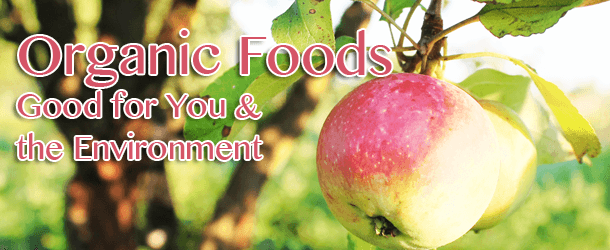
Over the past 50 years, the agricultural industry has changed dramatically. Instead of small family owned farms that grew crops or raised livestock, large agribusiness farms, dairies and stockyards have become the norm when it comes to producing food. However, with the rise of health problems and concern about the safety of foods produced this way, organic farming is on the back on the rise again.
Old Fashioned Farming – Good for You, Good for the Environment
Large scale food production involves the use of pesticides, hormones and large amounts of antibiotics and other chemicals. Although these methods increase the amount of food produced, they do not improve the safety or the quality of the food. Instead, health problems arising from such chemical interventions are on the rise. Pesticide-laced fertilizers impact the safety of the soil and leech into the water system. The use of hormones in the production of milk, eggs, chicken and beef has given rise to hormonal changes in adolescents eating foods from agribusiness sources.
Organic farming, in contrast, does not use chemical pesticides and hormones to increase production. Using farming techniques passed down from generation to generation, organic farmers are able to produce foods that are nutritious and high in quality. Chemicals are not passed into the soil or water system, nor are they consumed to cause harmful health effects in later years.
More and more grocery stores are dedicating an area of their produce section to organic fruits and vegetables. Natural food stores are also another source for organically farmed dairy, meats and produce. Farmer’s markets are also another source for locally grown seasonal fruits and vegetables. It may cost you a little more money to eat organically grown foods if you do not grow it yourself, but the health benefits make it well worth the money. Go Organic and Buy Local!
– The Alternative Daily

